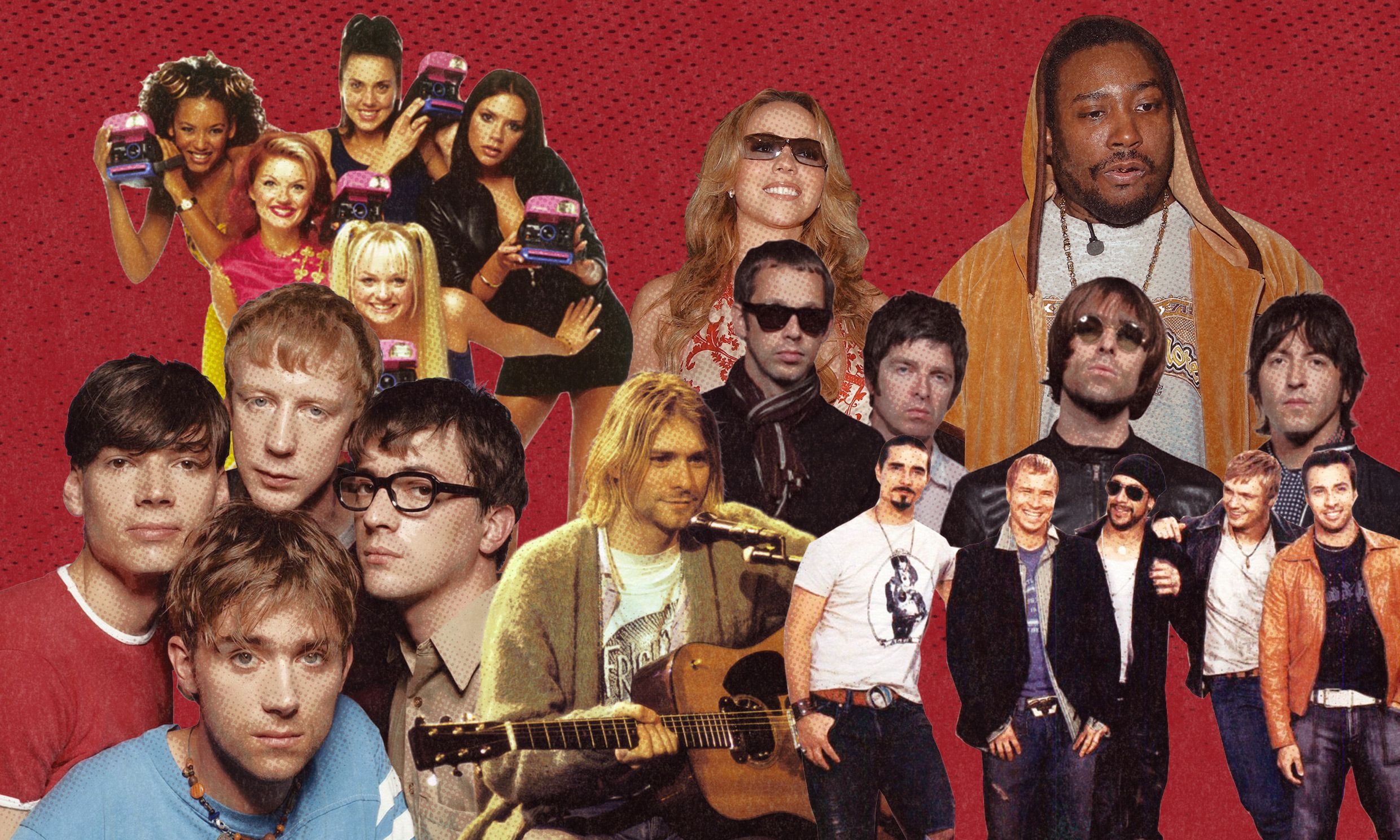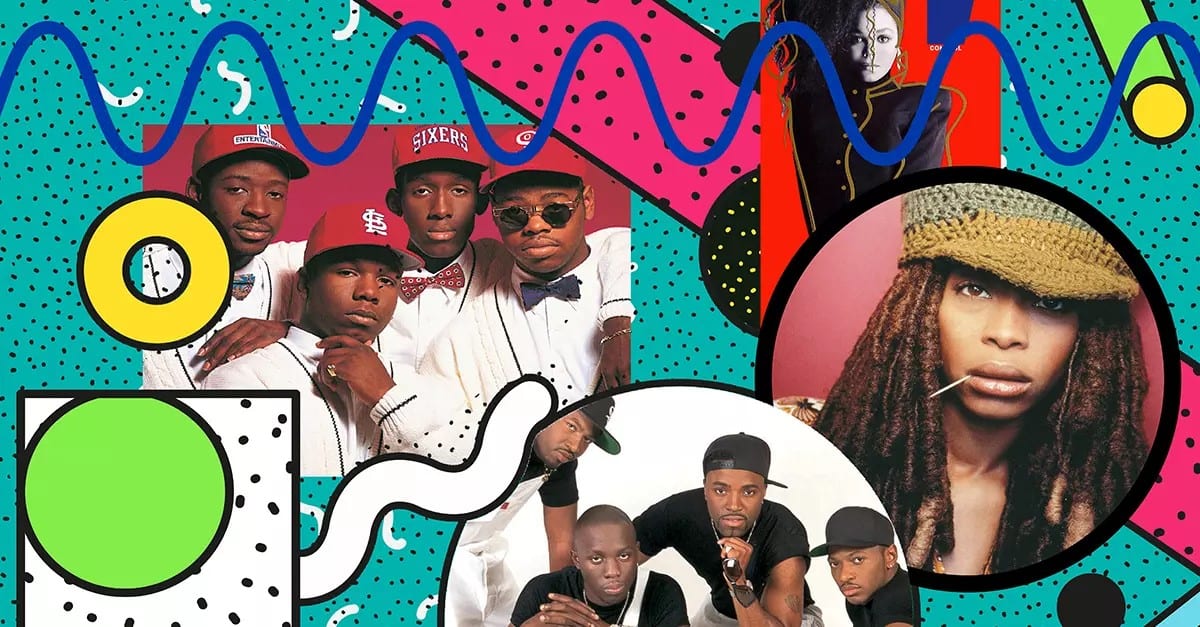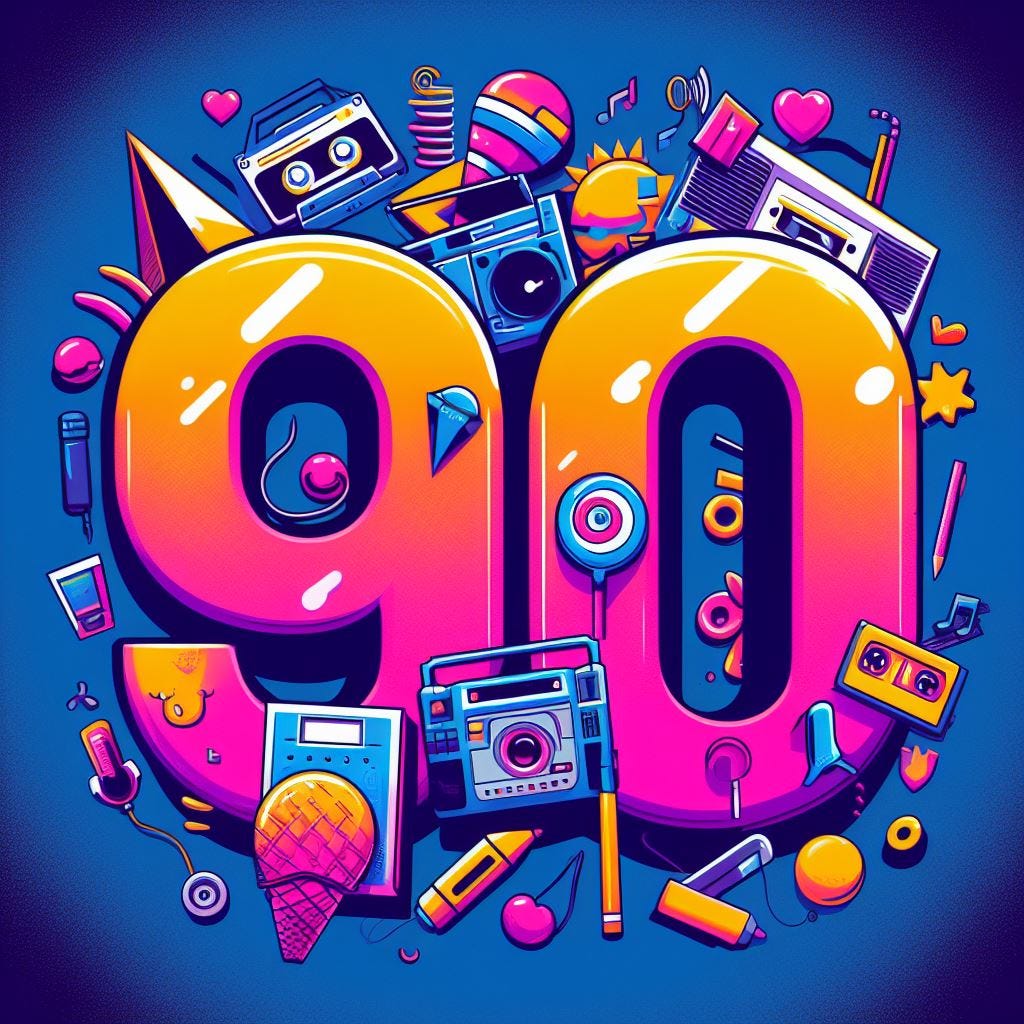Why The 1990s Music Scene Was Truly A Golden Era
Were the 1990s truly the zenith of musical innovation and artistic expression? Absolutely, the 1990s stand as a golden era, a vibrant epoch where popular bands not only redefined genres but also etched an indelible mark on the cultural landscape.
This transformative decade witnessed a kaleidoscope of musical styles, each contributing to a rich tapestry of sound that continues to resonate with audiences today. From the grunge revolution emanating from Seattle to the explosion of Britpop across the Atlantic, and the undeniable reign of hip-hop, the 90s were a melting pot of creativity, experimentation, and groundbreaking artistry. It was a time when music transcended mere entertainment, becoming a powerful force for social commentary, personal expression, and generational identity. The decades impact is still felt profoundly in contemporary music, making it a period worthy of deep exploration and celebration.
| Details | |
|---|---|
| Era | 1990s Music Scene |
| Key Characteristics | Diverse genres, iconic bands, cultural impact, experimentation. |
| Dominant Genres | Hip Hop, R&B, Grunge, Britpop, Alternative Rock, Pop |
| Influential Artists (Hip Hop) | Tupac Shakur, Dr. Dre, The Notorious B.I.G., A Tribe Called Quest, Wu-Tang Clan |
| Influential Artists (R&B/Pop) | TLC, Destiny's Child, Mariah Carey, NSYNC, Backstreet Boys, Britney Spears, Christina Aguilera, Jennifer Lopez |
| Influential Artists (Grunge/Alternative) | Nirvana, Pearl Jam, Soundgarden, Alice in Chains, Radiohead |
| Influential Artists (Britpop) | Oasis, Blur, Pulp, Suede |
| Key Themes | Social commentary, personal expression, generational identity, breaking boundaries |
| Impact of MTV | Revolutionized music promotion through music videos |
| Cultural Significance | Golden age for multiple genres, mainstream crossover of rap, global influence of black American culture |
| Related Link | Rolling Stone's Best Albums of the 90s |
The explosion of hip hop onto the global stage during the 1990s is undeniable. Often hailed as the "golden age of rap," this era witnessed the rise of lyrical giants and groundbreaking producers who pushed the boundaries of the genre. Artists like Tupac Shakur, Dr. Dre, and The Notorious B.I.G. became household names, their music reflecting the realities of urban life, social injustices, and personal struggles. These artists weren't just musicians; they were storytellers, poets, and voices of a generation. Their influence extended far beyond the realm of music, impacting fashion, language, and social consciousness.
- Movierulz 5 Your Ultimate Guide To Streaming Movies In 2023
- Hub4u Movies Your Ultimate Destination For Cinematic Adventures
The impact of these artists is undeniable. They crafted tracks that weren't just catchy tunes, but narratives that resonated deeply with listeners. These songs explored themes of struggle, ambition, and the complexities of the human experience. The raw honesty and unflinching perspectives presented in their music were unlike anything that had come before. Moreover, the production techniques employed during this era were revolutionary, incorporating innovative sampling, intricate beat patterns, and sonic textures that continue to inspire producers today. The fusion of lyrical prowess and groundbreaking production cemented the 1990s as a pivotal moment in hip-hop history.
Beyond hip hop, the 1990s saw the emergence of diverse genres and the rise of iconic bands that defined a generation. The grunge movement, originating in Seattle, brought a raw, angsty energy to the forefront, with bands like Nirvana, Pearl Jam, and Soundgarden dominating the airwaves. These bands challenged the status quo with their anti-establishment lyrics, distorted guitars, and unpolished sound. They resonated with a generation disillusioned with mainstream culture, offering an alternative voice and a sense of belonging.
On the other side of the Atlantic, Britpop emerged as a response to American grunge, offering a more melodic and optimistic sound. Bands like Oasis, Blur, and Pulp captured the imagination of British youth, celebrating British culture and identity. Britpop was characterized by its catchy hooks, singalong choruses, and a sense of youthful exuberance. The rivalry between Oasis and Blur became a defining moment of the era, fueling the Britpop craze and solidifying its place in music history.
- Where To Watch Major Payne For Free The Ultimate Guide
- Hdhub4you Your Ultimate Destination For Highquality Entertainment
The spirit of innovation was palpable, with artists constantly pushing boundaries and redefining what it meant to be a band. Genres blurred, influences intertwined, and creativity flourished. This decade saw an explosion of new sounds and styles, from the alternative rock of Radiohead to the electronica of The Prodigy, and the ska-punk of No Doubt. Each genre contributed to the rich and diverse musical landscape of the 1990s, leaving an enduring legacy that continues to inspire artists today.
R&B also underwent a significant transformation in the 1990s, expanding its influence into virtually all corners of popular music. Artists like TLC, Destiny's Child, and Mariah Carey dominated the charts, blending traditional soul with contemporary pop sensibilities. These artists unapologetically embraced their femininity, celebrating female empowerment and individuality. They pushed boundaries with their music videos, fashion choices, and lyrical content, becoming role models for a generation of young women.
The rise of MTV played a crucial role in shaping the musical landscape of the 1990s. Music videos became an essential aspect of promotion, allowing artists to visually express their creativity and connect with fans on a deeper level. MTV provided a platform for artists to showcase their music, fashion, and personalities, transforming them into cultural icons. The channel's influence extended beyond music, shaping fashion trends, language, and youth culture.
The 1980s laid the groundwork for the musical revolution of the 1990s. The 80s saw a new age of experimentation, with genres shifting from rock to pop and dance. Artists like Madonna, Michael Jackson, and Prince pushed the boundaries of pop music, incorporating elements of funk, soul, and new wave. The 80s also saw the rise of synthesizers and drum machines, which revolutionized the sound of popular music. These innovations paved the way for the diverse and experimental sounds of the 1990s.
While some argue that certain periods in music history represent a "dark age," the 1990s stand in stark contrast to this notion. As many would argue, there is no such thing as a dark age in popular music. Musical taste is subjective, and what one person considers to be a low point, another may see as a period of innovation and experimentation. The 1990s were a testament to this, with a diverse range of genres and artists appealing to a wide variety of tastes. From the grunge of Nirvana to the pop of Britney Spears, there was something for everyone in the 1990s.
Even today, Radiohead's fans declare the band's songs during the 1990s as some of their best work in history. Albums like "OK Computer" and "The Bends" are considered classics, influencing countless artists and defining a generation. Radiohead's innovative sound, introspective lyrics, and experimental approach to music continue to resonate with listeners today, solidifying their place as one of the most important bands of the 1990s.
The influence of 1990s music extends beyond the mainstream, with numerous subgenres and niche scenes flourishing during this era. Emo, for example, owes a great deal to D.C. Hardcore, with bands like Fugazi and Rites of Spring laying the groundwork for the genre's emotional intensity and introspective lyrics. These underground scenes provided a space for artists to experiment with new sounds and ideas, challenging the conventions of mainstream music.
The best of the 1990s classics, from TLC, Backstreet Boys, Destiny's Child, NSYNC, Mariah Carey, Christina Aguilera, Britney Spears, and Jennifer Lopez, continue to be celebrated today. These artists defined the sound of 1990s pop music, with their catchy melodies, polished production, and captivating performances. Their music videos were iconic, their fashion choices were trendsetting, and their influence on pop culture is undeniable.
The best 90s songs reveal a simple fact: the decade was a golden age for many types of music. Rap and R&B dominated the charts, bringing black American culture around the world. This was a time when artists like Tupac and Biggie became household names, their music reflecting the realities of urban life and challenging social norms. The 1990s marked a pivotal moment in music history, with black artists achieving unprecedented levels of success and influence.
The legacy of the 1990s music era as the "golden age of hip hop" is well-deserved. This was a time when rap music began to cross over into the mainstream, with artists like Tupac and Biggie becoming household names. Their music tackled complex issues, challenged social norms, and provided a voice for the voiceless. The 1990s marked a turning point in the history of hip hop, with the genre achieving unprecedented levels of commercial success and cultural influence.
- Jasmine Sherni The Rising Star Whorsquos Taking The World By Storm
- 1930s Mens Suits A Style That Still Turns Heads

Best 1990s Songs Ranked Return of Rock

Best 90s R&B Songs 20 Essential Tracks From The Golden Age Of R&B

Return To Soul The 1990s Golden Age of R&B by Kyhana Medium